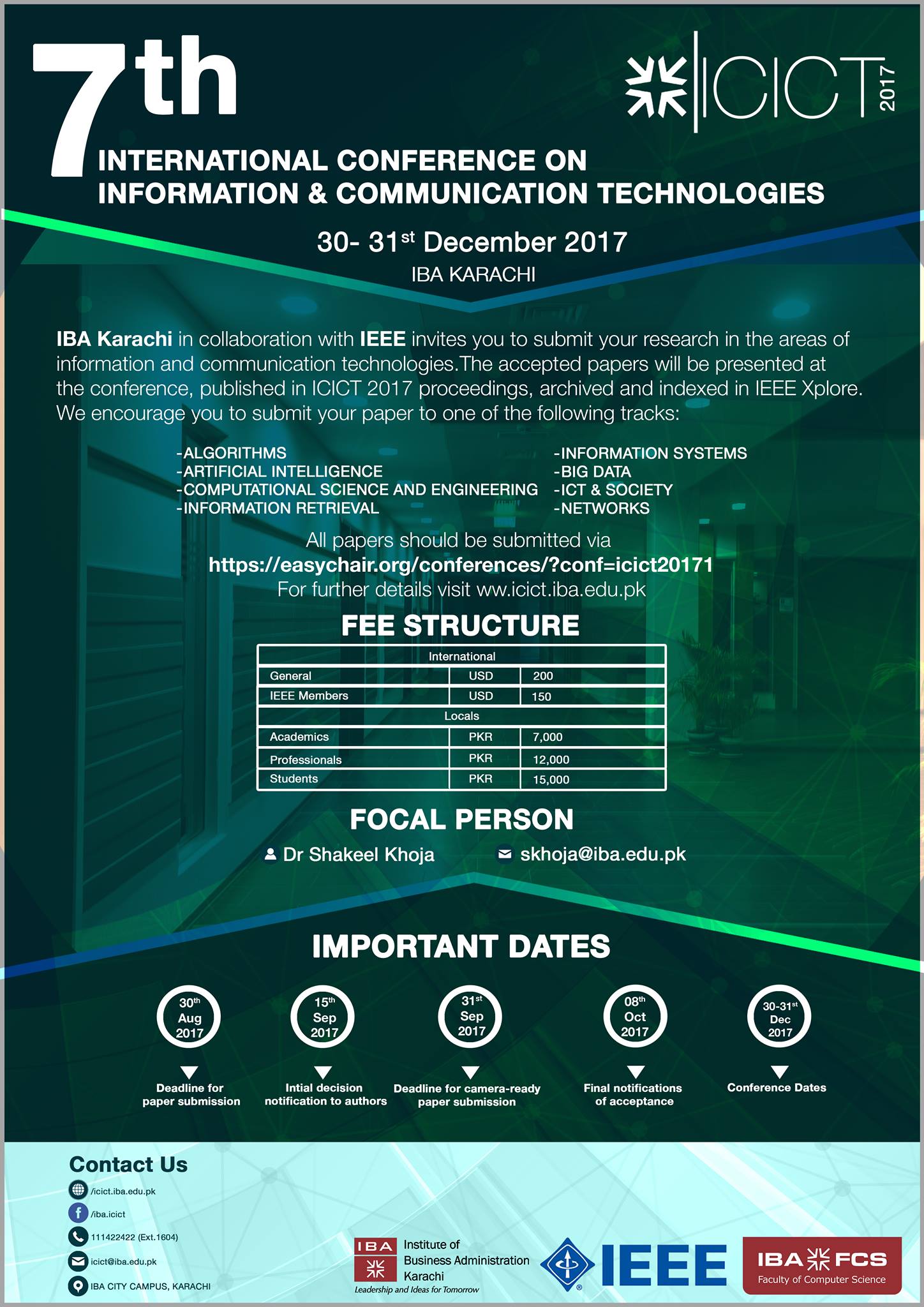Technical Papers Parallel Session-VI: Virtual reality as a physical training assistant
Abstract/Description
Virtual Reality (VR) technology has emerged itself to become one of the essential parts of education, entertainment, healthcare, architecture and much more. It empowers a user to learn, discover, explore, design and interact with 3D objects in real-time. Due to the recent advancements in computer hardware and constant decline in the cost of mobile devices has encouraged virtual reality to reach a broader audience. The combination of high computational power, mobile computing, and virtual reality can help simulate the world dynamically. This dynamic behavior enables users to communicate with virtual environments using different forms such as body movement, voice commands, gesture control, etc. These means of interaction can create a real-time communication between people and VR. Due to this interactive nature of VR, it can be used in facilitating any physical activity, e.g., sports, exercise, military and more. This paper consists of experiments and surveys of a VR application developed for physical training, i.e., walking, running and jogging with an accuracy of 82.46%. The purpose of this paper urges the use of emerging technologies in competitive physical training to encourage users to be physically trained using virtual environment.
Keywords
Virtual reality, Physical training, Activity recognition, Voice recognition, 3D environment, Sensors
Location
C9, Aman Tower
Session Theme
Technical Papers Parallel Session-VI: ICT & Society
Session Type
Parallel Technical Session
Session Chair
Dr. Tafseer Ahmed Khan
Start Date
31-12-2017 2:00 PM
End Date
31-12-2017 2:20 PM
Recommended Citation
Ali, S. F., Noor, S., Azmat, S. A., Noor, A. U., & Siddiqui, M. H. (2017). Technical Papers Parallel Session-VI: Virtual reality as a physical training assistant. International Conference on Information and Communication Technologies. Retrieved from https://ir.iba.edu.pk/icict/2017/2017/33
COinS
Technical Papers Parallel Session-VI: Virtual reality as a physical training assistant
C9, Aman Tower
Virtual Reality (VR) technology has emerged itself to become one of the essential parts of education, entertainment, healthcare, architecture and much more. It empowers a user to learn, discover, explore, design and interact with 3D objects in real-time. Due to the recent advancements in computer hardware and constant decline in the cost of mobile devices has encouraged virtual reality to reach a broader audience. The combination of high computational power, mobile computing, and virtual reality can help simulate the world dynamically. This dynamic behavior enables users to communicate with virtual environments using different forms such as body movement, voice commands, gesture control, etc. These means of interaction can create a real-time communication between people and VR. Due to this interactive nature of VR, it can be used in facilitating any physical activity, e.g., sports, exercise, military and more. This paper consists of experiments and surveys of a VR application developed for physical training, i.e., walking, running and jogging with an accuracy of 82.46%. The purpose of this paper urges the use of emerging technologies in competitive physical training to encourage users to be physically trained using virtual environment.


